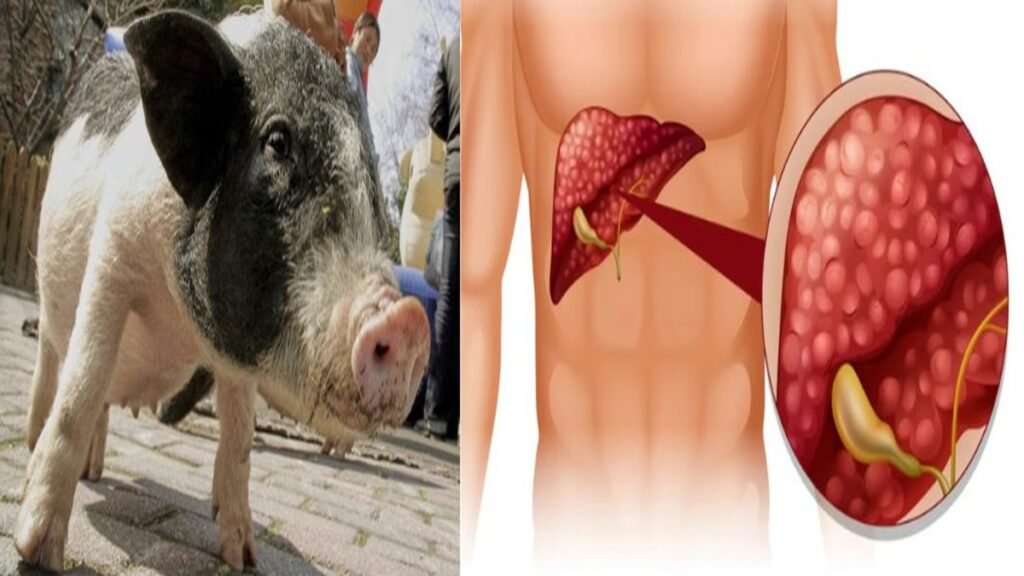The liver is a complex challenge because of its varied jobs, including removing waste, breaking down nutrients and medicines, fighting infection, storing iron and regulating blood clotting. The Chinese patient is the third person in the world known to be living with a gene-edited pig kidney.
Chinese doctors have successfully transplanted a liver from a genetically modified pig into a brain-dead human for the first time on Wednesday (local time). This groundbreaking procedure is seen as a major step forward in addressing the global organ shortage crisis. Over the past few years, pigs have reportedly emerged as the most viable source for animal-to-human organ transplants. The United States has already seen multiple cases where patients have received pig kidneys or hearts, offering new hope for those waiting for life-saving transplants.
The Chinese patient has become the third person in the world to live with a gene-edited pig kidney, according to the research team. Additionally, the same team successfully implanted a pig liver into a brain-dead individual as part of their experimental study, the Associated Press (AP) reported. Dr Lin Wang, a leading member of the xenotransplant team at Xijing Hospital of the Fourth Military Medical University in Xi’an, shared encouraging updates during a press briefing. Nearly three weeks after the kidney transplant, the patient is doing remarkably well, and the pig kidney is functioning optimally, he confirmed.
Chinese doctor’s statement on transplant
But Wang pointed to a potential next step in xenotransplantation — learning to transplant pig livers. His team reported in the journal Nature that a pig liver transplanted into a brain-dead person survived for 10 days, with no early signs of rejection. He said the pig liver produced bile and albumin — important for basic organ function — although not as much as human livers do.
The liver is a complex challenge because of its varied jobs, including removing waste, breaking down nutrients and medicines, fighting infection, storing iron and regulating blood clotting. “We do find that it could function a little bit in a human being,” Wang said. He further speculated that would be enough to help support a failing human liver.
Experimental approaches in pig liver transplants
In the US last year, surgeons at the University of Pennsylvania attempted that sort of “bridge” support by externally attaching a pig liver to a brain-dead human body to filter blood, much like dialysis for failing kidneys. US pig developer eGenesis is studying that approach. In China, Wang’s team didn’t remove the deceased person’s own liver, instead implanting the pig liver near it. Wang said his team later replaced the human liver of another brain-dead person with a pig liver and is analyzing the outcome.
(With AP inputs)
